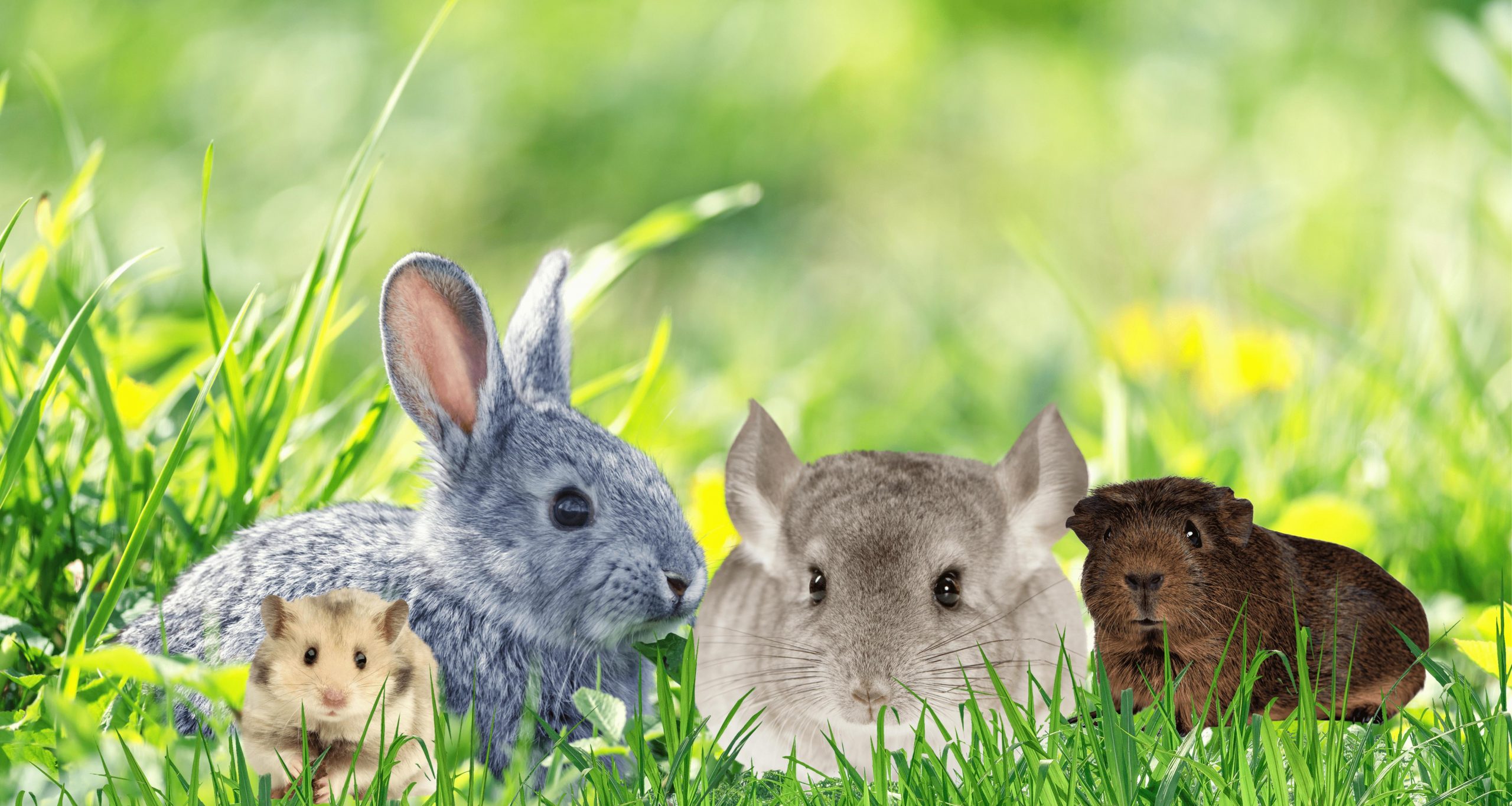
Hay is an essential component of a small animal’s diet. Feeding hay can be beneficial in many ways. These include preventing dental problems and preserving digestive health. Most importantly, supplying the appropriate quantity of vitamins and minerals. However, with so many hay options available, you may be stumped as to which is ideal for your small furry buddy.
#1 Timothy Hay
Timothy Hay is a type of hay that is a staple meal for domestic adult rabbits, guinea pigs, and chinchillas. It is high in fibre while being low in protein and calcium and provides a variety of healthy nutrients. All these elements contribute to keeping their teeth in good health and the digestive system working properly.
Pros:
- Ideal for adults
- Provides protein and fibre
- Less calcium preventing urinary stones
Cons:
- Not suitable for young small animals as there is not enough nutrients for them.
#2 Orchard Grass Hay
Orchard Grass hay is an alternative to timothy hay if your small animal is a picky eater. It is high in fibre and low in protein. Even though Orchard Grass contains slightly more protein than Timothy Hay, it is still low enough in protein to be offered to them freely.
Pros:
- Soft texture
- Low in protein
- High in fibre
Cons:
- May be high in sugar
#3 Meadow Hay
Meadow hay is a blend that provides small animals with a range of texture and flavours. However, other plants, as well as detritus and stone, may be present in the mixture. If you buy this type of hay, you should know where it originated from and what it contains. Otherwise, you won’t know what you’re feeding your small furry friend. As a result, the protein and calcium level in meadow hay varies.
Pros:
- Variety of texture
Cons:
- May include other plants and detritus
- Varies in mineral and fibre content
#4 Oat Hay
Oat hay may contain oat, wheat and barley. It is high in vitamins, fibre and minerals but low in protein. Many small animals may appreciate the crunchiness of the seed husks. Unless purchased in a blend, it is more expensive than other hays.
Pros:
- Low in protein
- Crunchy seed heads
- Great to blend with other hays
- Rich in vitamins, minerals and fibre
Cons:
- Pricier if not blended
#5 Alfalfa Hay
Alfalfa is a legume in the pea family that is rich in nutrients and strong in energy. It is harvested in the spring or early summer, and one field can produce many cuttings per season. This hay is ideal for young animals’ first six months of life. It contains large quantities of calcium and protein, both of which are necessary for development. However, if fed to an adult, the high calcium content might produce urinary stones.
Pros:
- High in protein
- High in minerals
- Ideal for young small animals
- Essential for growth
Cons:
- Too rich for adult small animals
- High calcium content which can cause urinary stones

Genie is an animal lover, who enjoys writing on pets and animals stories. She is passionate about learning something new everyday. She enjoys communicating with people and expressing ideas. She have a huge passion in languages and plans to learn more albeit she is already trilingual in English, Mandarin and Japanese.






























